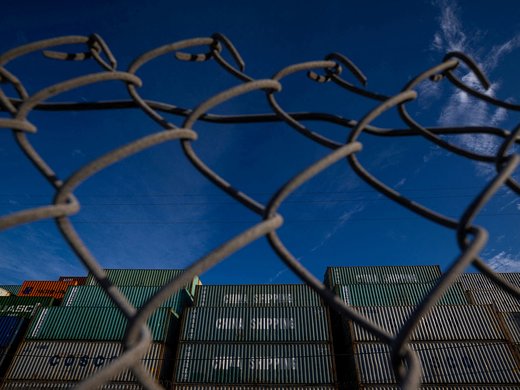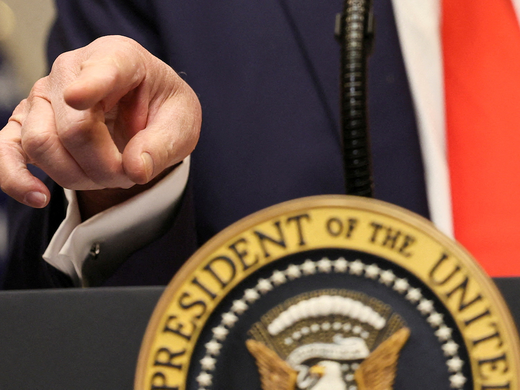The impasse in the World Trade Organization (WTO) over the appointment of new members of the Appellate Body is just one symptom of crisis in cooperation on trade. Driven by skepticism about multilateralism and binding dispute settlement, and by a growing strategic and economic rivalry with China, the current US administration has elevated longstanding US concerns about WTO dispute settlement to new heights. The inability of WTO members to exercise their collective authority to interpret the meaning of their WTO commitments has meant that the Appellate Body is effectively not subject to any checks and balances. As other WTO members blocked US efforts to negotiate more member control, the United States increasingly turned to unpopular unilateral mechanisms, culminating in the current block on new appointments as part of its more disruptive trade policy.
Assuming the United States will eventually return to rules-based trade, restoring the WTO dispute settlement system to full capacity and enhancing its legitimacy will likely require some changes. This might include improving mechanisms for political oversight, diverting sensitive issues from adjudication, narrowing the scope of adjudication, improving institutional support and providing members more say over certain procedures. Preserving compulsory, impartial and enforceable dispute settlement in the WTO will require an accommodation of different perspectives on how the system should function. Achieving this, in whatever form, will contribute to maintaining and even strengthening multilateral cooperation on trade.


